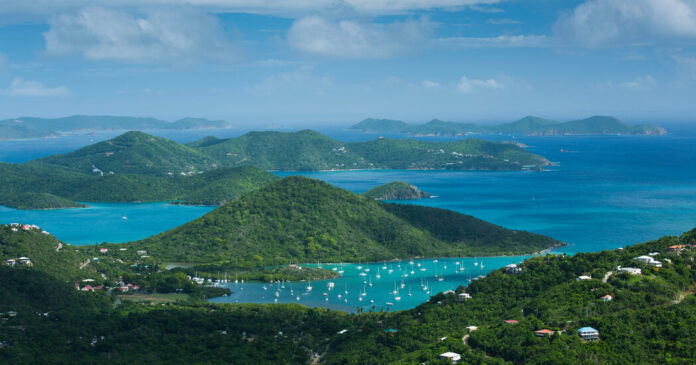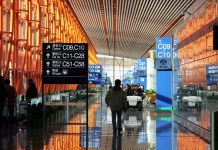“It’s not going to be long-lived,” Mr. Orlando said. “I think once the rest of the world opens up, those planes will get back to flying the old high-demand routes, but for now, it’s a wonderful opportunity.”
Be prepared to adapt.
Ariel Vinson, 31, a digital content manager for a consumer packaged goods company in San Diego, went to Alaska at the beginning of October. It was her second trip there this year, and she is contemplating moving there.
But her trip was extended when she got Covid-19 a week in. She ended up having to stay an additional week, before flying home on Oct. 24.
“That was a wake-up call for me,” she said. “I don’t think it’s going to stop me from traveling, but I think it’ll make me think about my behaviors during travel,” such as masking outdoors or being more cautious when interacting with strangers, which she had become more comfortable with since getting vaccinated this spring.
Sandra Torres, 32, who manages vendors at a biotech start-up in the Chicago area, said that the couple of times she had traveled by air this year, “the flights themselves were changed multiple times.” A coming November trip to Hawaii, booked in the spring, was changed a month out, with one leg ultimately canceled. She had to rebook with another airline. A planned birthday trip to Tokyo, in February 2022, was recently canceled by the airline.
“It does make it harder to plan things,” Ms. Torres said. “I’ve learned to be more flexible, to be more open. Even if you book things ahead of time, you might still have to change them.”
She added that she’s learned to “have more of a cushion, both financially and just around logistics and departure times.”













